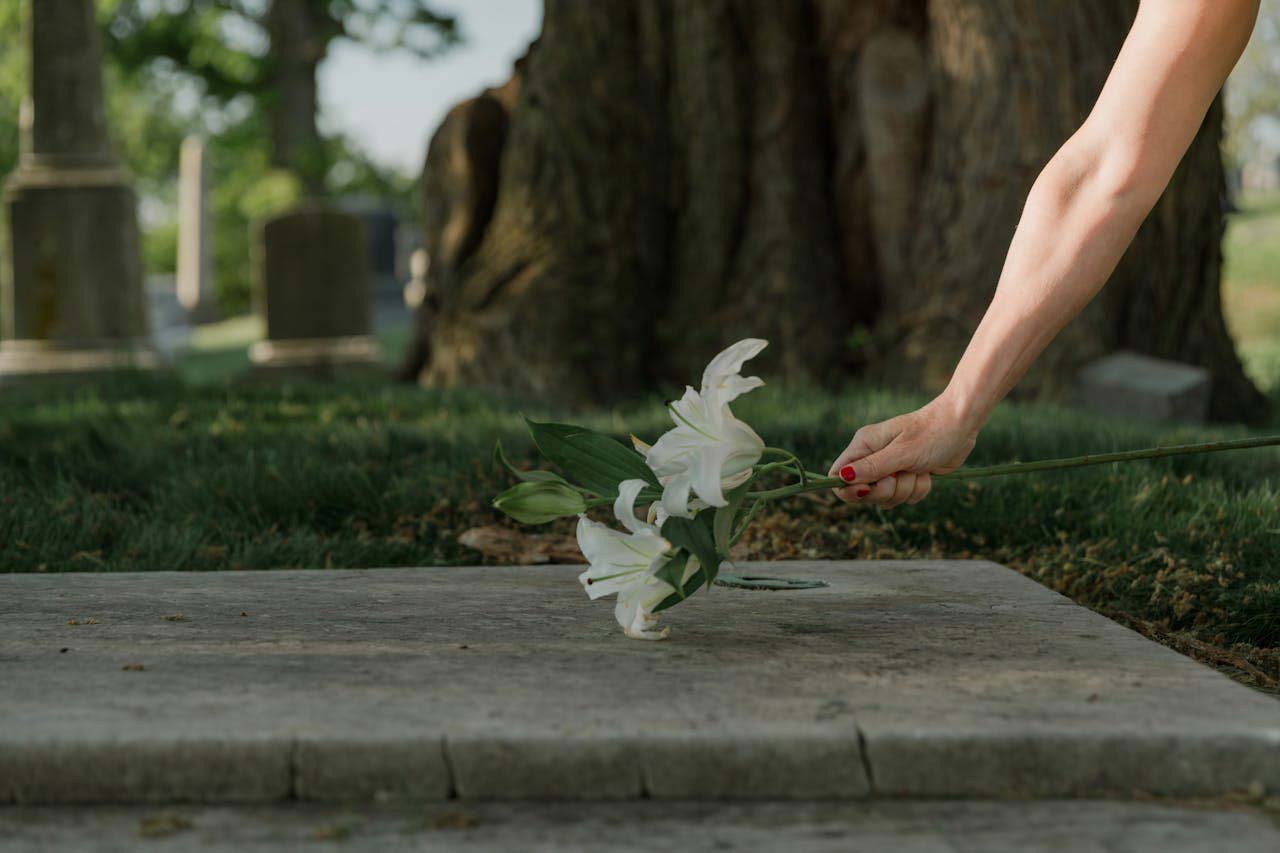Audio
In the mental health field, we focus on healing, supporting, and guiding others, but rarely do we discuss a profound reality: the loss of a colleague or fellow clinician. When we start in this profession, or even during our training, death is often left out of the conversation. It’s as if we naturally shy away from it because death is hard. But when the time comes, it can feel like a shock, leaving us unprepared to cope with the loss—not only personally, but professionally.
Processing the Shock
As clinicians, we understand mortality on a logical level, but when it touches our close circles—our coworkers, colleagues, or even mentors—it hits differently. We often find ourselves managing our grief while balancing the expectations of our role. Our clients might not fully comprehend that we too are grieving and processing loss. For us, this realization brings another layer of shock: the uncertainty of how to approach this emotional burden, both within ourselves and with our clients.
Mourning While Working
In the aftermath of losing a colleague, you may be tasked with absorbing some of their clients. This can introduce a complex dynamic where you’re managing your own grief while supporting clients who may have depended heavily on the colleague who passed. This situation can lead to what’s called “vicarious traumatization.” It’s essential to recognize that this experience is not only normal but expected in such a situation. The key is to find ways to navigate it without overwhelming yourself.
Honoring Your Colleague
Grief is a deeply personal process. The way you choose to mourn your colleague is entirely up to you. Some people attend funeral services, others reach out to family members, while some may need their own private space to process the loss. Whatever you choose is valid. Whether it’s through reflection, a personal tribute, or attending a memorial, honoring your colleague in your own way is important for your healing process.
Facing Your Own Mortality
When a fellow clinician passes away, it often stirs up reflections on our own mortality. This can be unsettling, especially in a field where we are dedicated to others’ well-being. It’s okay to acknowledge these emotions. While we are experts in helping others through life’s hardest moments, we sometimes forget that life impacts us as well. Grieving doesn’t make us weaker professionals—it makes us human.
Balancing Strength with Vulnerability
If a colleague was battling a terminal illness but continued to see clients, you may have witnessed their quiet strength. Their clients might have been aware of the situation, and in such cases, clinicians often try to maintain a positive front. You might have done the same—staying strong for both your colleague and their clients. However, when they pass, this facade of strength can make the eventual loss feel even more jarring.
It’s natural to try and hold it all together for others, but it’s equally important to recognize your own need for vulnerability. Trying to stay strong for too long can be emotionally exhausting, and it’s okay to let others know when you’re struggling.
Taking Care of Yourself
In the midst of managing loss, it’s vital to remember that your well-being matters, too. Prioritize self-care as you navigate grief. Seek support, whether through counseling, peer groups, or trusted friends. The journey of losing a colleague is tough, but you don’t have to bear the weight alone.
You may also want to reflect on your own professional legacy. Have you made arrangements for what would happen to your clients if something were to happen to you? While this can be an uncomfortable thought, it’s a necessary one. Having your “ducks in a row” can provide peace of mind for both you and those you care about.
The Collective Loss
Losing a colleague is not just a personal experience; it’s also a professional one. Their departure leaves a void—not only in your practice but in the field as a whole. It’s sad to see someone who made a difference leave this world, but it’s also a reminder of the meaningful connections we build along the way.
In the end, as much as we help others, we must help ourselves through these challenging moments. By honoring our feelings and seeking support, we can navigate the difficult journey of losing a colleague while continuing to care for ourselves and our clients.










